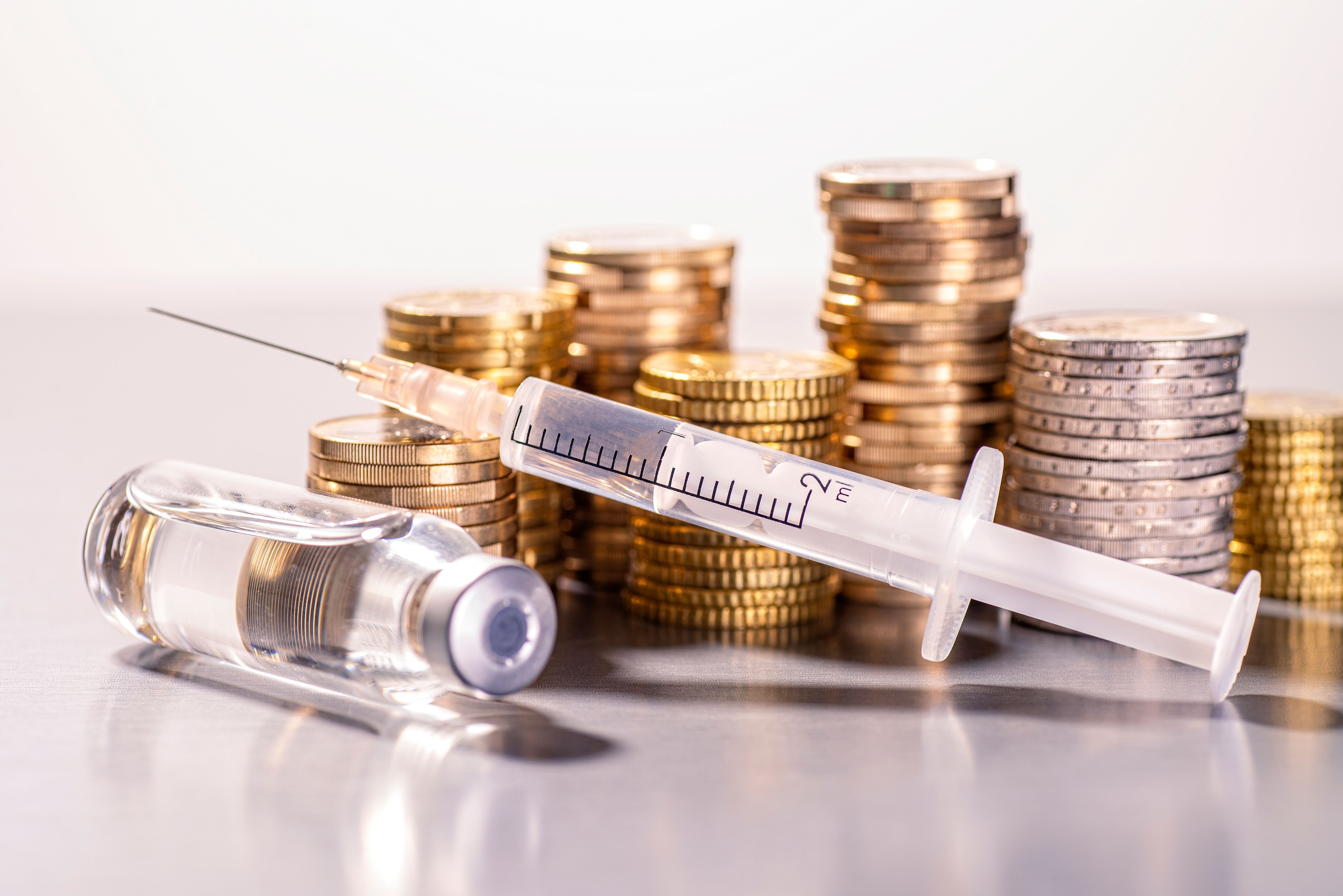- Bone Health
- Immunology
- Hematology
- Respiratory
- Dermatology
- Diabetes
- Gastroenterology
- Neurology
- Oncology
- Ophthalmology
- Rare Disease
- Rheumatology
Overcoming Economic, Noneconomic Barriers to Biosimilar Adoption in Oncology
The broader adoption of biosimilar drugs has the potential to significantly reduce cancer care costs and improve patient access to more affordable treatments, benefiting both patients and payers. However, a recent review highlights that biosimilar uptake has been hindered by various economic, practical, attitudinal, and psychological factors.
While biosimilar drugs hold the promise of cost-effective and clinically equivalent alternatives to target drugs for several types of cancer, their adoption has been limited by both economic and noneconomic barriers, according to a recent study published in JAMA Oncology.1
Biosimilar drugs, offering cost-effective yet clinically indistinguishable alternatives to target drugs, were expected to revolutionize pharmaceutical markets but have seen limited commercialization since the first FDA approval in 2015, especially in oncology where $88 billion was spent on cancer drugs in the US in 2022. While previous research has focused on economic barriers, this review highlights noneconomic barriers—such as psychological, attitudinal, and educational factors among health care professionals and payers—that significantly limit the demand and uptake of biosimilars in the US.
Adoption of biosimilars has been limited by both economic and noneconomic barriers despite being more cost-effective than the originator drugs.
Image credit: gopixa - stock.adobe.com

Economic factors hindering biosimilar uptake in the US include the absence of financial rebates for biosimilars, whereas originators offer substantial discounts, making payers reluctant to support biosimilars despite their cost savings. This structural barrier is also affected by factors like access to health insurance, clinics, and transportation.
“It has become increasingly evident that biosimilar hesitancy on the part of individual clinicians or patients may be equally salient. At the level of the individual, a unique set of noneconomic factors—behavioral, psychological, cognitive, attitudinal, and social—is known to play a key role in medical decision-making, including decisions regarding biosimilar use,” wrote the authors.
The review highlighted 4 main noneconomic barriers to biosimilar use:
- Naming of biosimilars
- Health care professional knowledge gaps
- Concerns about safety and efficacy
- Individual differences in personality
Biosimilars are named differently2 than generics, each having a unique 4-letter identifier linked to the manufacturer, which can cause confusion.3 Additionally, each biosimilar has its own brand name, unlike in the small molecule market, where only the reference agent has a brand name. Interchangeability designation for some biosimilars adds to the confusion, implying that non-interchangeable biosimilars might not meet safety or efficacy standards despite this label meaning that a biosimilar can be exchanged for an originator at the pharmacy level more easily.
Studies show that many clinicians cannot accurately define a biosimilar, and their understanding of biosimilar safety, efficacy, and regulatory pathways is limited. Knowledge gaps persist across various areas, including biosimilar safety, general efficacy, interchangeability, and extrapolation to different indications. Educational efforts focusing on these areas could improve biosimilar uptake.
Although some professionals trust biosimilars and are comfortable prescribing them, others remain skeptical about immunogenicity, indication extrapolation, and pharmacy-led substitution. Regulatory agencies like the FDA and European Medicines Agency (EMA) have guidelines for biosimilar approval and interchangeability, but opinions on these topics vary among prescribers.
Personality traits, such as conscientiousness and neuroticism, can influence attitudes toward medication acceptance. For instance, individuals high in neuroticism might be more likely to accept vaccines due to increased concern for their health. Similar personality influences could affect decisions regarding biosimilar use, highlighting the importance of understanding these traits in promoting biosimilar uptake.
Additionally, complex prescription practices, insurance coverage issues, litigation, and the development of follow-on biologics complicate biosimilar market entry and cost savings.
Despite obstacles to biosimilar uptake, the authors mentioned several reviews that highlight the willingness, motivation, and benefits of adopting biosimilars. Key factors influencing readiness include approval by major regulators (EMA, FDA), increased treatment options, and cost savings.
Research shows oncology clinicians prioritize biosimilar safety and efficacy. International studies indicate that increased patient access and treatment options are significant benefits. Strategies to boost biosimilar use include clinician incentives and pharmacist-led substitutions, supported by education on regulatory processes, biosimilar efficacy, and prescribing guidelines. Effective implementation requires addressing barriers like limited educational resources and financial support.
“If biosimilar drugs are to achieve their potential in decreasing treatment costs and increasing patient access, it will be essential for these factors to be systematically addressed,” the authors concluded.
References
1. Mroczek DK, Hauner K, Greene GJ, et al. Obstacles to biosimilar acceptance and uptake in oncology: a review. JAMA Oncol. Published online May 30, 2024. doi:10.1001/jamaoncol.2024.1447
2. Gobus N. Alphabet soup: The story behind biosimilar nonproprietary name suffixes. The Center for Biosimilars®. August 8, 2020. Accessed June 17, 2024. https://www.centerforbiosimilars.com/view/alphabet-soup-the-story-behind-biosimilar-nonproprietary-name-suffixes
3. Ferreri D. Study suggests biosimilar suffixes influence patient willingness to switch. The Center for Biosimilars. September 8, 2020. Accessed June 17, 2024. https://www.centerforbiosimilars.com/view/study-suggests-biosimilar-suffixes-influence-patient-willingness-to-switch-
Newsletter
Where clinical, regulatory, and economic perspectives converge—sign up for Center for Biosimilars® emails to get expert insights on emerging treatment paradigms, biosimilar policy, and real-world outcomes that shape patient care.
